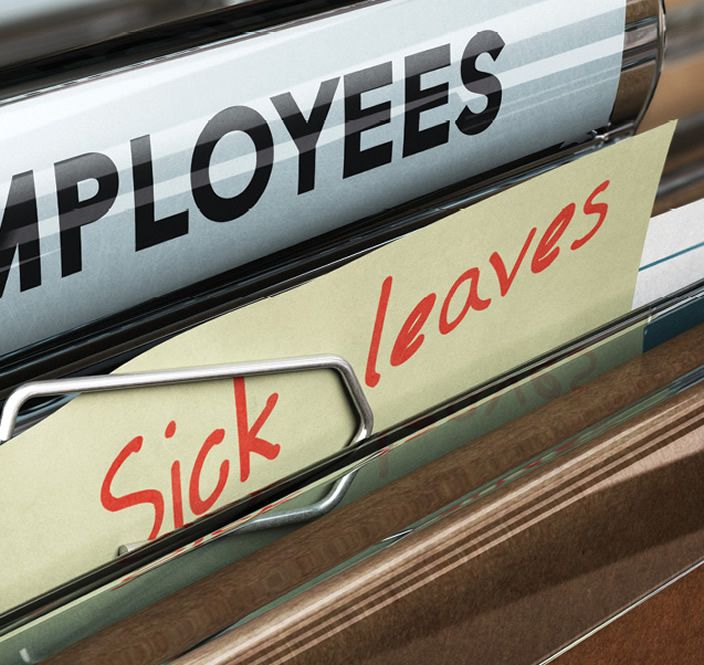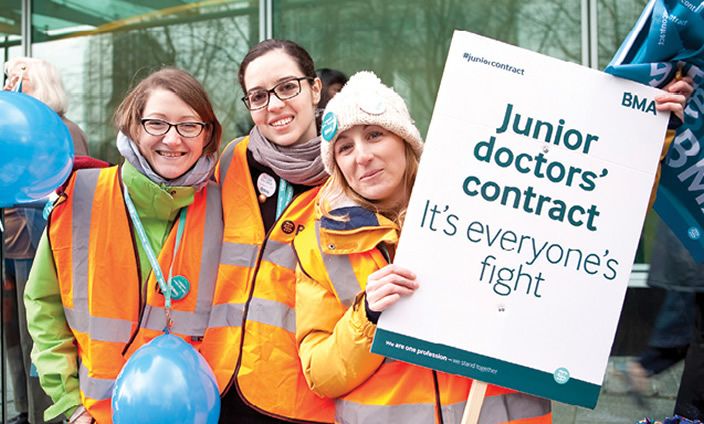
Only one in five Australian workers say they had a pay rise in the past year that covered increases in the cost of living, with almost half reporting no rise at all, according to a new ReachTel poll. The poll suggests that the majority of voters have noticed record low wage growth and rate it a significant political issue.
The poll first asked voters if they were in paid employment and, if yes, had they received a pay rise that was large enough to cover increases in the cost of living in the past 12 months.
Almost half (47.6%) said they had “no pay rise at all”, a further 32.9% said they had “a pay rise but not enough to cover my cost of living”, and 19.5% said they had “a pay rise that covered my costs of living”.
When asked how significant low wage growth was to how they would vote 28.2% said it was “the top issue”, 54% said it was “important but not the top issue”, while 17.9% said it was not important. However, no other single issue was polled for comparison.
Wages in Australia have stagnated, growing 2.1% in the past year, up from a record low of 1.9% the year before. The latest ABS figures showed the cost of living for working households increased by 2.3% in the year ending June 2018.
A survey by law firm Herbert Smith Freehills found that more than half of major employers would like to freeze employees’ wages or offer below-inflation pay rises that are a cut in real terms. (Source: The Guardian)





































































































































